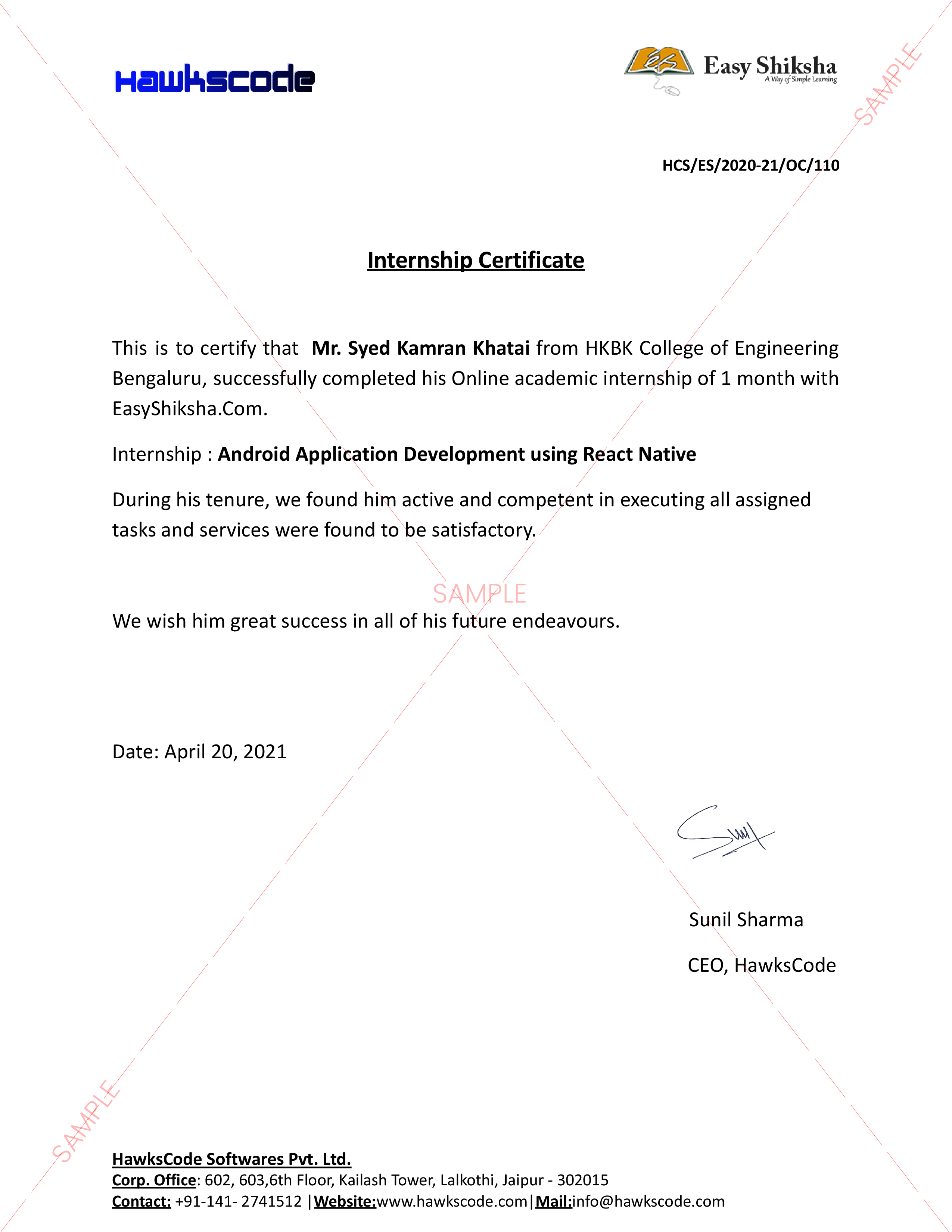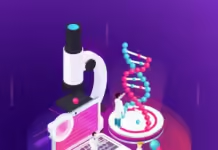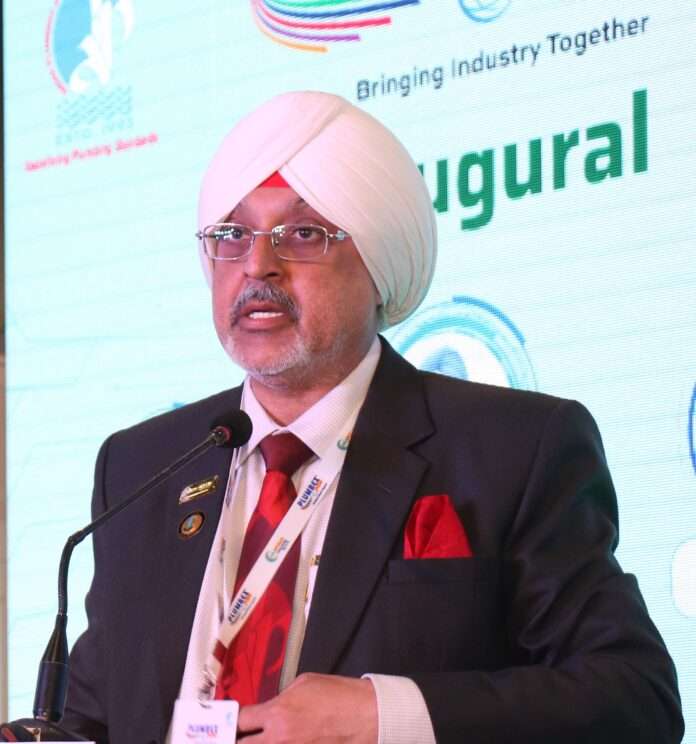Authored By Gurmit Singh Arora, National President, Indian Plumbing Association
Water serves as the sustaining factor of life on our planet, however its free availability and proper quality is affected by some of the factors such as population growth, urbanization, climate change, and inappropriate practices. This is going to open new doors for us, one of them will be becoming more and more important for being able to process the water in such a way, that it will meet our current needs and also will remain as sustainable resources. These professionals are responsible for developing and implementing solutions to water shortage, water quality deterioration, and effective distribution.
The job of a water resource engineer is very diverse, ranging from supplying and treating water to dealing with wastewater, flood control, irrigation systems and environmental protection. Their work encompasses a thorough understanding of Hydrological, Hydraulic, Environmental engineering and sustainable practices and devise new and inventive solutions for problems.
One of the most important roles of water resource engineers consists in making accessible, safe, and sufficient amounts of water for human use that is met in cities, factories, and farms. This means the building and running of water supply systems like dams, reservoirs, pipelines, and treatment plants. Water engineers work to mitigate the challenges of increased population, inventory patterns, and ecological impact, so that water supplies remain sufficient to cover community’s needs.
On the other hand, water quality, which is related to issues of contamination and purity of the water, has also been a key cause of concern. At the initial stage of the wastewater treatment process the speed is set at a level to filter away all sorts of particles including metals and chemicals. Finally, if the water has to be cleaned more carefully, filtration will be required to eliminate microorganisms from both the surface and underground water sources. The newest technology like membrane filtration, UV disinfection, and reverse osmosis are now applied so to make sure the water quality is correct and any chance of public health complication are diminished.
Wastewater Management is the vital part of systems that engineers to maintain the resources of water. Engineers draw up the designs and control the construction of wastewater treatment plants so that the wastewater conformed to the environmental regulations and minimized the impact on the receiving water bodies. They, as well, discover new practices like water recycling and are utilizing it further in order to diminish the rate of demand for fresh water and hence keep the valuable resources.
Here, water resource engineers take up another important task often relating to irrigation. They create and install smart irrigation systems for agriculture, which is the way they ensure the best water distribution and the least loss of water. These can be applied through strategies such as drip irrigation which can dramatically cut down a lot of water consumption while planting more yields.
As with all engineering it is a connecting element for drinking water, irrigation, water supply, waste water and the impacts on nature. Engineers have partnerships with environmental scientists and policy makers to make an assessment of the impact of water projects on ecosystems and develop the mitigation strategies. In addition, they are involved in devising of sustainable water management schemes that consider factors such as water conservation, climate change, ecosystem health and long term resource sustainability including.
Important Announcement – EasyShiksha has now started Online Internship Program “Ab India Sikhega Ghar Se”
The engineers working with water resources are very much venturing into the use of green technologies and sustainable practices to meet the challenges of water scarcity and conservation that are being experienced globally. For instance, the implementation of remote sensing and Geographic Information Systems (GIS) leads to the improvement of water resources monitoring and management as well as the use of advanced modeling and simulation techniques in the design and optimization of water systems.
Futhermore, the combination of the green infrastructure with constructed wetlands, rain gardens, permeable pavements, and other more sustainable approaches is gaining prominence and acceptance as integral part of water management systems. While these nature-based solutions contribute to the improvement of water quality and the alleviation of flooding they also give a run to the ecological and aesthetic enhancement of urban environments.
The other new trend in water engineering is the decentralized water systems that are adopted which involve the treatment and the reuse of water at the source reducing the need for the extensive infrastructure and minimizing the water losses during the transportation. This approach is tremendously suitable in the remote areas, or the areas where the deprivation of water is the situation. Such cases, the centralized systems may not be applicable and sustainable.
Moreover, the use of digital technologies through smart meters, sensors and controls allows for real-time water systems measurement and improvement that in turn result in better utilization and saving of the resource. These technologies are also the reason why decisions are being made based on data and predictive maintenance which in turn is responsible for reducing operational costs and extending the lifespan of the water infrastructure.
Also Read: From SP Jain to Shark Tank: Auli Lifestyle’s Inspiring Entrepreneurial Odyssey
Engineers who carried out water resources engineering techniques undoubtedly play a fundamental role in ensuring water sustainability. This is the creative invention for such outstanding strategies to address water scarcity, reduction, and poor water usage. The practitioners of the water systems development are the ones able to utilize the most modern technologies, sustainable practices, and interdisciplinary collaboration. The youth are the ones who will be building the sustainable, resilient water systems that will in turn support ecologically vibrant communities and an unharmed environment.
Get Courses from EasyShiksha : computer science

































































